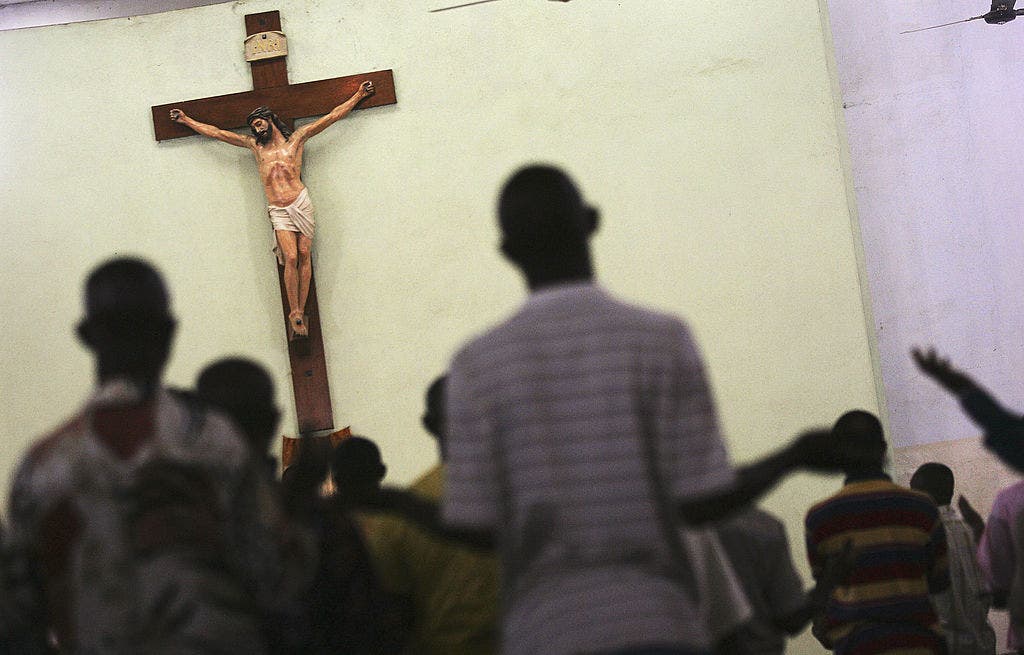A report released by the International Christian Concern reveals that Christianity is facing the most severe persecution globally. The report, titled “The Global Persecution Index 2025,” identifies countries in Africa, the Middle East, and Asia as the biggest offenders when it comes to religious oppression against Christians. The rise in authoritarian rule and the spread of Islamic extremism have contributed to increasing challenges for Christians in these regions.
The report highlights that authoritarian leaders and Islamic extremist groups are behind the majority of religion-based persecution. Countries in the Sahel region of Africa, such as Mali, Niger, and Chad, are identified as particularly dangerous for Christian populations. Other nations like the Democratic Republic of the Congo, Somalia, Afghanistan, Pakistan, and North Korea are also noted for severe actions taken against Christians, including torture and death.
Both Christians and Muslims face high rates of harassment, both physical and verbal, according to a Pew Research Center report. While the exact breakdown of religious groups targeted for harassment is unclear, Christians are targeted in more countries by governments and social groups than any other religion. Christianity is often seen as a threat to authoritarian regimes, as it emphasizes allegiance to a higher moral authority, challenging the complete loyalty demanded by the state.
Technology like social media has improved freedom of speech and access to information worldwide, but it has also enabled oppressive regimes to increase surveillance and control over dissidents. Traditional Christian-majority nations like Nicaragua and Venezuela have seen increased hostility towards religious groups critical of authoritarian regimes. Nations like China have exported surveillance technology to other authoritarian regimes to monitor and control religious groups more tightly.
Some countries view Christianity as a threat to their cultural norms, leading to increased attacks against Christians. In countries like India and Pakistan, social media platforms have been used to incite violence and spread disinformation about Christian communities, resulting in targeted attacks. The oppression of religious groups globally mirrors historical atrocities under similar oppressive regimes, with authoritarian leaders using religious minorities as scapegoats to consolidate power.
With democratic backsliding, rising nationalism, and global instability, the fight for religious freedom has become more urgent than ever. Authoritarian leaders are drawing from historical playbooks to silence dissenting voices, including religious minorities. The ability of religion to inspire freedom, hope, and resistance is viewed as a threat to their dominance. The combination of technological advancements, nationalist ideologies, and global instability poses a significant challenge to religious freedom worldwide.














